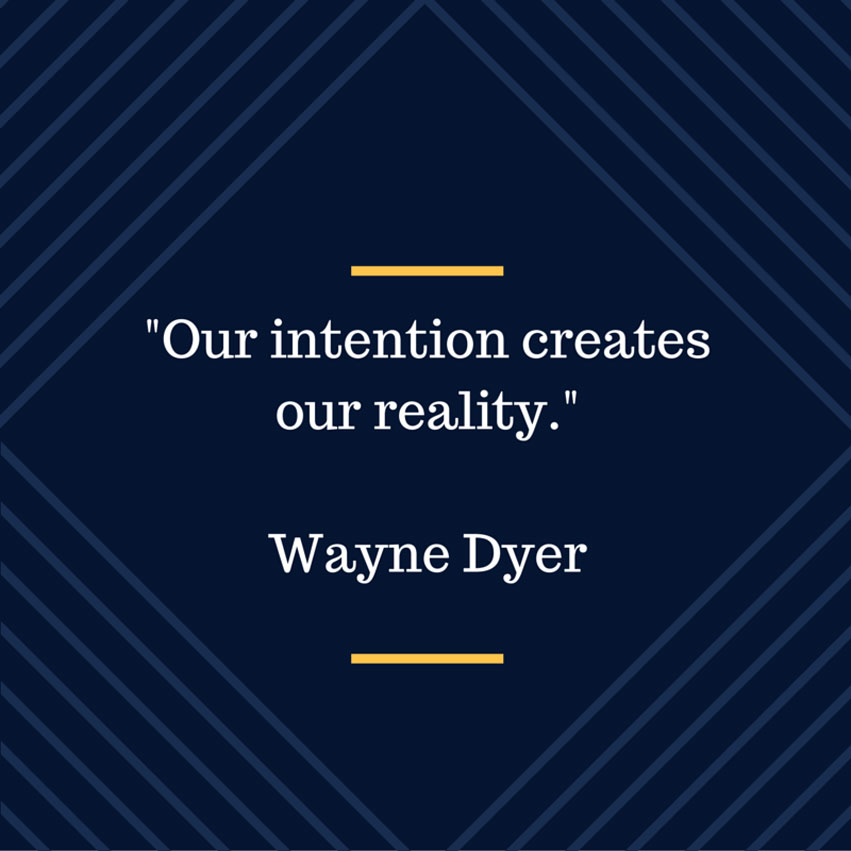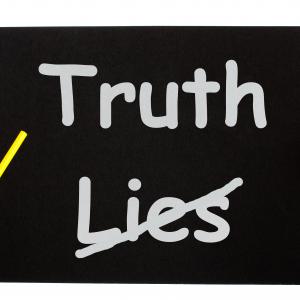A Parable
On the Wednesday before Thanksgiving, Joe went to his office party. They had great festivities and even gave away a free frozen turkey. Joe, who had only been employed by the company for 9 months, happened to win the frozen turkey.
Like he always did after work, Joe waited at the bus stop to ride the bus home to his flat from work. He carried his briefcase in one hand and cradled the turkey under his arm like a giant football.
He noticed a man, disheveled and slightly dirty, sitting on the bus stop bench. They gave each other a nod.
The wind whipped up, and Joe’s hat blew off his head. The disheveled man caught it and handed it back to Joe as they both laughed. Soon they were engaged in conversation where Joe learned that the man’s name was Jeremiah. He was a short-term laborer working on a project for the week. He had five kids and struggled to make ends meet. In fact, he wasn’t getting paid for this job until next Monday.
Soon, Joe’s bus pulled up with the brakes hissing. As Joe stood up, he thought, "I have money for my own turkey, plus I’m a single guy; I can find something."
As Joe stood up, he handed the turkey to Jeremiah and said, "Here. Happy Thanksgiving. Enjoy."
Jeremiah actually felt his eyes filling with tears as he thought about his kid’s excitement about having a real Thanksgiving dinner.
Joe arrived as his flat, grabbed a drink, and sat down on the couch reflecting on his day.
Jeremiah got home and called the kids together. They rushed excitedly around the turkey. He started to unwrap the turkey, only to have a puzzled look on his face. The turkey felt so real, but as he continued to unwrap it, he realized it was not a real turkey at all.
He gazed at it and was confused. Joe must be one of the cruelest men in the world.
Joe, meanwhile, was sure Jeremiah was enjoying the turkey, totally unaware he had won the office gag gift - a frozen, rubber turkey.
What this parable clearly teaches is that we cannot read or judge intentions well.
Yet it is our human tendency to do just that- to ascribe motive quickly. This tendency is at the root of many conflicts. If you ever had someone ascribe a motive or intention to you that you honestly never even considered, you find yourself in the strange position of defending yourself from a phantom intention that never even crossed your mind.
Why can’t we see intention? Because we cannot see the heart and mind of the person committing an action.
As an interesting side note, neurologists recently conducted an experiment where they asked participants to decide whether they intended to add or subtract a set of numbers which were to be presented to them in 30 seconds. This created a gap for a very simple form of intention: to intend to add or intend to subtract. A functional MRI was in place to measure brain activity. The neurologists were able to develop a pattern whereby they could predict with 70% activity whether the subject intended to add or subtract.
Alas, we don’t walk around with MRI’s nor are most intentions as simple as I’m going to add or I’m going to subtract. Usually there are complex emotions involved in our actions.
Since we cannot ascertain intentions, we mostly avoid ascribing them.
What Can We Do to Avoid Ascribing Intention
If someone does something that makes you question his or her intention, you need to seek clarity.
Here is how you can accomplish gaining clarity:
1. Describe your feelings about what transpired.
I felt ________ (insert emotion) when you _____ (insert their action/behavior, NOT the guessed intention).
Tie your emotional response to an actual action, not what you think the person intended. You cannot read intentions; you can clearly see concrete behavior.
2. Ask What was your reason or intention for this behavior? Why was this your action?
This allows them to explain their motives and intentions. Often, they will have a motive or intention that, once you hear it, makes perfect sense. Remember, a sign of maturity is realizing not everyone thinks like me.
You are trying to get to "The Why" or root of the action with this question.
3. Tell them what you would have preferred as their action instead.
"Going forward, if you face this situation again, here is what I would prefer. Does that sound like a reasonable explanation to you?"
You are not trying to change their intention, as that is next to impossible for us to do. You are trying to set clear preferences of actions to be taken in a given situation.
One thing will emerge from stating this preference. If they blatantly refuse to do it after saying they feel it is fair, you will be able to see through behavior a lack of compliance. This provides a leader to measure concrete action that either complies with or is contrary to a clearly stated preference, which allows you to ultimately remove them from the team or end the relationship if needed.
How To Build Influence Trust By Declaring Your Intentions
The ultimate movie villains usually clearly state their evil intent. Darth Vader made it very clear his actions were all to achieve his intention to build a galactic, unchallenged empire. By stating his intentions so overtly, it made it easy for those in a galaxy far, far away to say, "Yes, I will join" or "No, I will rebel."
The Harvard Business Review notes:
Intentions are how we distinguish a villain from someone whose influence we accept, whom we move toward. Competence may be appealing, but intentions are what attract or repel us and foster trust or mistrust.
People cannot see our intentions, so declare them clearly. Do not create opportunities for people to misinterpret your intentions.
How do you do this?
State "The Why" behind your actions.
Here is why I/we are taking this action.
So start communicating to gain clarity. By not guessing other’s intentions and stating your own, you’ll become a better influencer.





